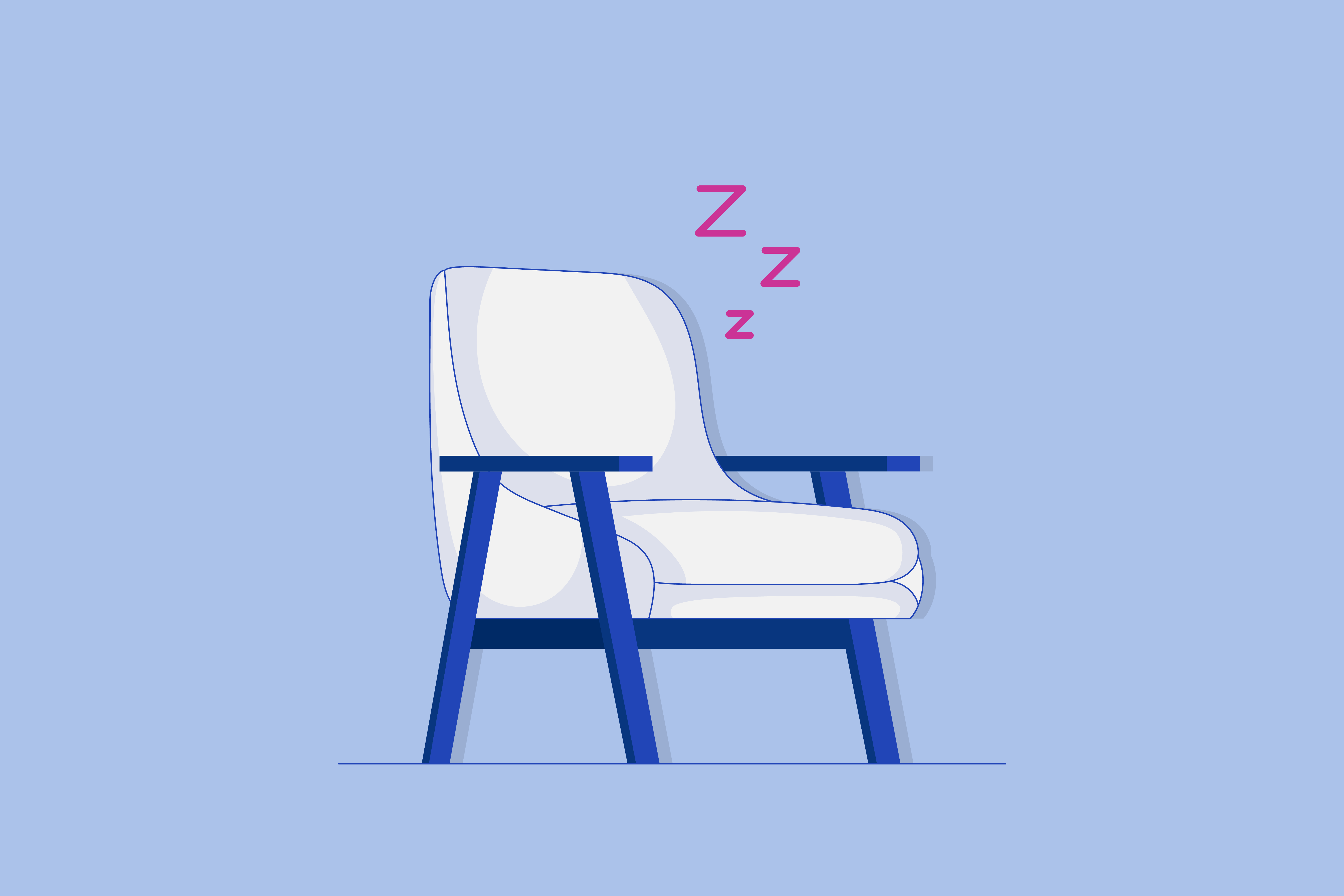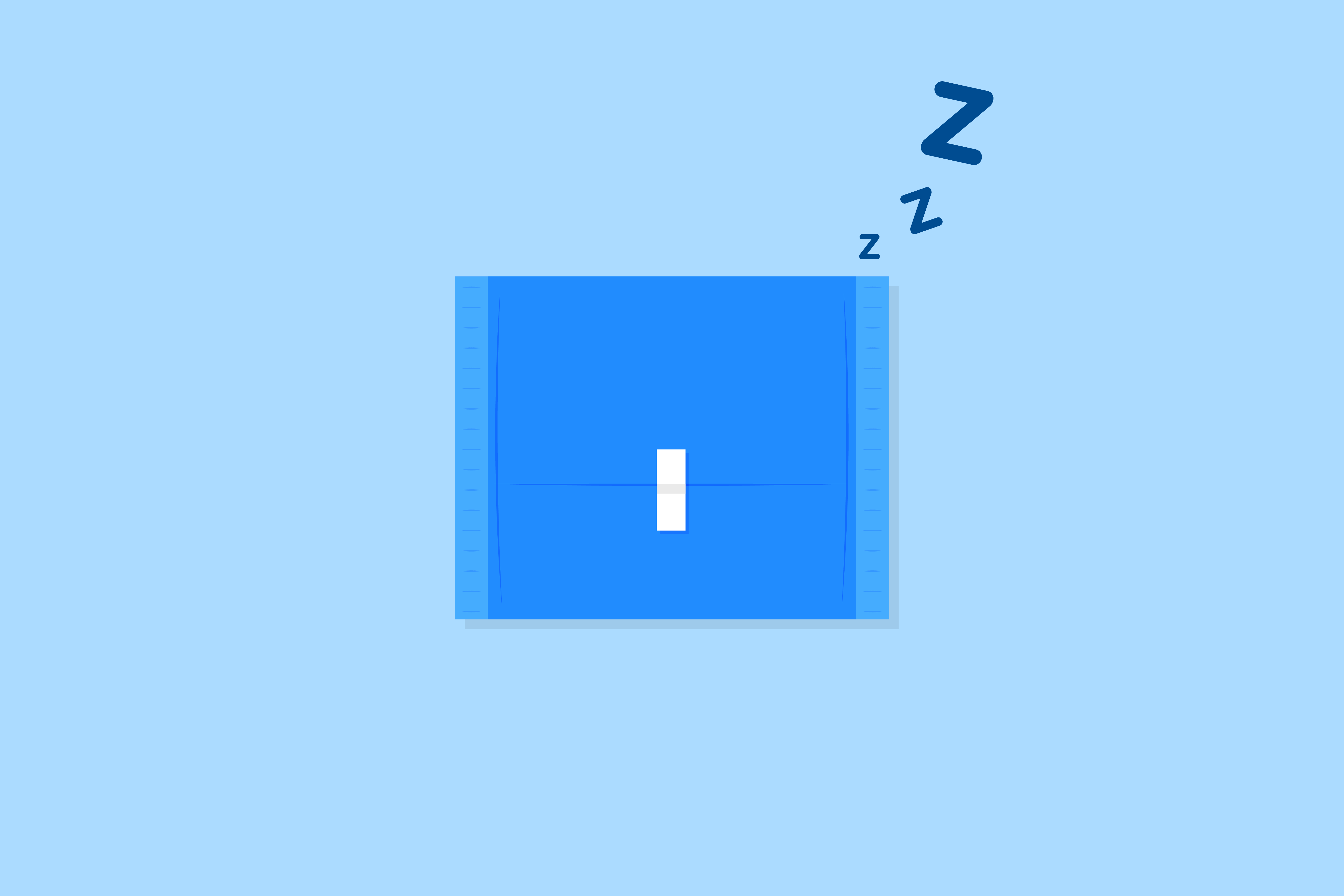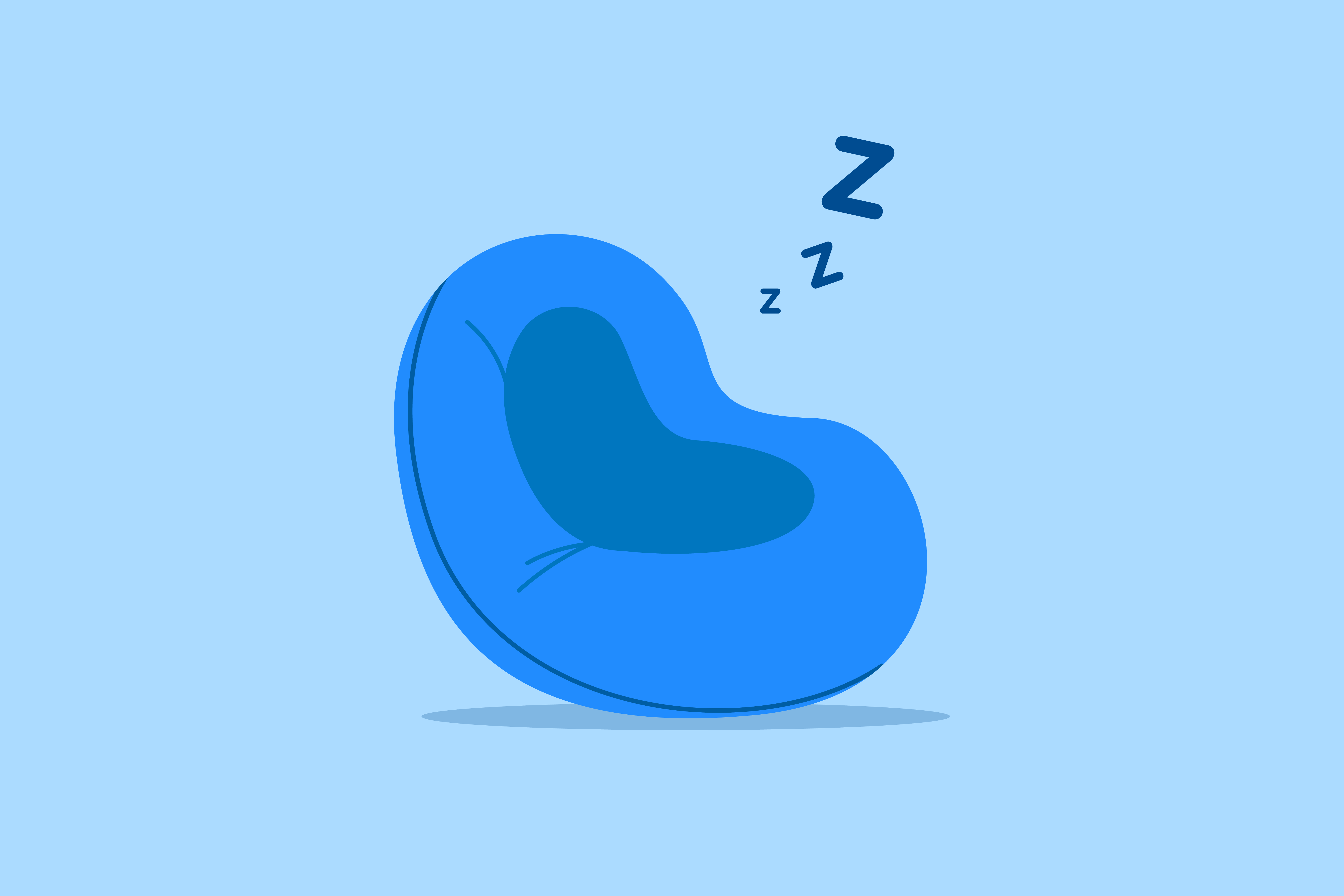Key Takeaways
- Sleeping Upright Has Benefits: Sleeping upright can have advantages for certain health conditions. It may help ease symptoms of sleep apnea, reduce acid reflux symptoms, provide relief for heart failure patients, aid individuals with respiratory issues, assist in digestion, and relieve discomfort during pregnancy or illness.
- Potential Drawbacks: Long-term or frequent sleeping in a sitting position can lead to health challenges. These may include head movement causing neck issues, increased stress on the neck and back, and stiffness in the joints. It can be particularly problematic for individuals with conditions like arthritis.
- Tips for Sleeping Upright: If you choose to sleep in a sitting position, ensure you create a comfortable environment, use support items like neck pillows and seat cushions, maintain an appropriate angle, avoid leaning on objects, and establish a sleep routine to maximize your comfort and minimize strain.
During long flights or long working hours, sleeping sitting up is a practice we all have encountered. Some may fall asleep sitting up in front of the TV if it gets too late at night.
It is handy and, in some cases, the only option we have got. But have you ever wondered what it means for your health?
Could it have deeper implications for your well-being? Is it better to sleep lying down?
Let’s find out.
Amerisleep Sleep Essentials
Quick Guide: A 30-Second Summary
| Best Mattress For Sitting Up | Amerisleep AS2 |
| Best Adjustable Bed For Sitting Up | Amerisleep Adjustable Bed+ |
| Best Cushion for Sitting Up | Amerisleep Seat Cushion |
Is It Normal to Sleep Sitting Upright?
Sleeping upright is common in the animal kingdom, but humans struggle with it unless they are in a condition or occasion where it is required. But it is considered a normal practice.
It is not healthy nor an unhealthy practice as long as you are able to rest comfortably. Some people find it comfortable to sleep when traveling or working a long office shift.
However, some people might end up with neck and back aches and disturbed sleep. Because as we fall into Rapid Eye Movement (REM) sleep, we lose muscle tone.
In some cultures, sleeping in a seated position is more prevalent. For example, Tibetan and Buddist monks train themselves to sleep upright. Meanwhile, societal developments in Japan within the past few decades have created a public acceptance of sleeping upright in public.
“Whatever sleeping posture one adopts, it is the case that both sleeping posture and preferred sleeping posture impact sleep and brain activity during sleep,” Dr. Nayantara Santhi. “There is evidence for changing activity patterns that occur concurrently with changes in posture during sleep.”
“For example, a supine posture activates some brain areas more than a lateral posture. More importantly, emerging evidence shows that it’s not just a sleeping posture but also our preferred sleeping posture plays a role in changing brain activity during the various stages of sleep.”
Benefits of Sleeping Upright
Although it is an unconventional method used when needed, sleeping upright can provide several benefits.
Here are some advantages of this position.
Helps with Sleep Apnea
People with sleep apnea suffer from repeated interrupted breathing during sleep. Sleeping in an upright position can prevent Verified Source National Library of Medicine (NIH) World’s largest medical library, making biomedical data and information more accessible. View source the collapse of the tongue and soft palate into the back of the throat, keeping your airway open. Changing sleep posture Verified Source National Library of Medicine (NIH) World’s largest medical library, making biomedical data and information more accessible. View source can reduce apnea episodes Verified Source National Library of Medicine (NIH) World’s largest medical library, making biomedical data and information more accessible. View source and lead to more restful sleep.
However, it’s best to do this with a doctors recommendation and not as a form of self treatment. Sleeping while sitting isn’t guaranteed to relieve sleep apnea, and some patients will still snore while sitting up, a 2014 study Verified Source National Library of Medicine (NIH) World’s largest medical library, making biomedical data and information more accessible. View source found.
Reduction in GERD Symptoms
Many people suffer from reoccurring acid refluxes and heartburn when sleeping on their backs. It is because of a medical condition called Gastroesophageal Reflux Disease (GERD), Verified Source National Library of Medicine (NIH) World’s largest medical library, making biomedical data and information more accessible. View source where stomach acid repeatedly flows back into the esophagus.
Sleeping upright helps reduce this symptom by keeping the gut aligned. Moreover, gravity also keeps stomach acid in its place.
So when people with GERD sleep in an upright position, they feel comfortable and relaxed. This minimizes the effects of GERD on sleep, letting them get a full night’s rest.
Relief for Heart Failure Patients
Patients with a history of heart failure often report shortness of breath when lying down. This shortness of breath is because lying on their back puts pressure on the heart.
Sleeping in sitting reduces the workload on the heart and improves blood circulation — making it easier for heart patients to fall asleep.
Aid for Respiratory Issues
Many people suffer from breathing issues while sleeping. These people feel an airway blockage when lying on their back. Sleeping in an upright sleeping position might help people with chronic respiratory conditions by keeping the airways open.
However, be careful how you sit. Slumping, for example, actually reduces lung capacity. Verified Source National Library of Medicine (NIH) World’s largest medical library, making biomedical data and information more accessible. View source
Potential Aid in Digestion
Sleeping upright keeps your gut aligned, and it can assist in the digestive process by allowing gravity to help move food through the digestive tract. Gas is also more likely to pass Verified Source National Library of Medicine (NIH) World’s largest medical library, making biomedical data and information more accessible. View source when you’re upright than when you’re lying down.
Reduce Pregnancy Discomfort
During the later stages of pregnancy, lying down may become uncomfortable due to increased pressure on various organs. Sleeping while pregnant in a sitting position can help relieve some of the pressure and provide comfort, which can improve sleep quality.
Sleeping While Sick
Falling asleep becomes challenging when you are dealing with a sickness, like sleeping with a cold. It causes frequent disruptions in sleep. Plus, congestion Verified Source Medline Plus Online resource offered by the National Library of Medicine and part of the National Institutes of Health. View source makes lying down difficult as the mucus pools in your throat and chest, creating airway blockages.
However, if you sleep with your head elevated, congestion drains from your nasal cavity, keeping the airway clear. Using a wedge pillow is one way to accomplish this, sleeping upright can be another.
Drawbacks of Sleeping Sitting Up
Sleeping sitting up is a normal practice and can be great for some specific cases, such as sleeping on an airplane. However, it also comes with some potential health challenges.
If undertaken for a long time duration, sleeping sitting up can become a potential risk factor for:
Head Movement
When falling asleep on a chair where you have little or no support at all, your head tends to drop down due to the vertical angle. Your head keeps dropping down again and again, causing problems in the neck muscles and vertebrae.
Increased Stress on Neck & Back
Sleeping in a sitting position can put pressure and strain on the neck and lower back. It makes it uncomfortable to stay in this position which won’t result in quality sleep.
Things can become challenging, especially when your lower back pain increases with time in the same position.
Stiff Joints
Sitting for long hours affects your posture and puts your joints under pressure. Lack of mobility in a sitting position can cause the joints to get stiff. This can be especially challenging for those living with a condition like arthritis Verified Source Centers for Disease Control and Prevention (CDC) The United States’ health protection agency that defends against dangers to health and safety. View source
How to Sleep While Sitting Upright
No matter the reason you have, if you are planning to sleep in a sitting position, here are some tips to help you out.
Decide Your Space
Your sleeping location and surroundings matter. You need to find a place that’s quiet, free from disturbance if possible (and if not, look at ways to block noise in your sleeping space), and stable. You can gather some useful support items that you would need and have them close at hand
If you know you are likely to nap in your office, on a road trip, or on a plane, then think of what you require to comfortably sleep upright. You want to use a travel pillow, a blanket, or a seat cushion for an office chair to make it more comfy.
Choose Support
Staying all night or even just a few hours in a sitting position will definitely increase the pressure and strain on your neck and back. A neck pillow can provide some support to reduce neck muscle strain. Pair it with a pillow on your back to provide comfort and help soothe lumbar pain, or a seat cushion to deter back pain.
Sit At an Angle
Sitting at an angle can alleviate discomfort and make the experience comfy for you. Usually, a 40-degree angle is found comfortable by most sleepers. You can also try a 100- to 135-degree angle, which is often considered optimal for this position.
In any position, you need to ensure that your hips and spine are aligned, which will minimize muscle strain.
No Leaning on Objects
Leaning on objects, whether on your back or any of the sides, can cause muscle stress. Your spine will be out of alignment, so you might feel constant pain. With the use of proper support, you won’t want to lean on any object around you.
Begin Your Sleep Routine
Once everything is set, which we usually don’t pay attention to, you are ready to wade into your sweet dreams. You can also try soothing activities like reading, deep breathing exercises, gentle stretching, or anything that you would like to do.
Frequently Asked Questions
Should I use a seat cushion while sleeping in a sitting position?
Yes, a well-designed foam seat cushion can distribute your body weight more evenly, reducing the risk of developing soreness or stiffness. It can also alleviate pressure on sensitive areas, allowing you to maintain a more comfortable position and sleep better. Look for options that offer the right amount of cushioning and support, as well as features like ergonomic design and breathable materials.
Is it best to sleep flat?
Not necessarily, as elevating the upper or lower body slightly can help with medical conditions. To reduce snoring and alleviate symptoms of acid reflux, elevate your torso and head. This raised position can also enhance breathing for people with sleep apnea.
On the other hand, elevating the lower body can improve blood circulation, ease swelling in the legs, and provide relief from lower back pain. Adjustable beds allow you to customize these positions for your comfort and specific sleep needs, promoting a more restful night’s sleep.
Will I snore if I sleep sitting up?
No, sleeping in an upright position can sometimes reduce snoring. When you sleep flat on your back, the base of your tongue and soft palate may collapse to the back of your throat. This collapse partially blocks the airway and leads to snoring.
Sleeping sitting up, especially with the head elevated, can help keep the airway more open, reducing the likelihood of snoring. However, if you have sleep apnea, it’s possible you will still snore while sitting up.
Why do I wake up suddenly from sleeping sitting up?
Waking up unexpectedly from sleeping in a sitting position can be due to discomfort or lack of support. After all, there is a reason why the majority of humans sleep lying on their backs. In the sitting up position, the body often doesn’t feel fully relaxed, and muscles may strain to maintain posture.
Is sleeping while sitting dangerous?
Sleeping sitting up straight can be dangerous, especially if you are sleeping with osteoporosis or any other medical condition that would worsen because of this position. However, if you are sitting at an angle on a recliner, it shouldn’t be dangerous but comfy. Just make sure you are using the support you need to stay comfortable.
Conclusion
The natural way and common practice of sleeping for humans is by lying down with their hips and spine aligned. It ensures the comfort they need to feel relaxed and fall asleep.
Sleeping sitting up is not a natural way but is often beneficial for people who need it or find comfort in it due to any medical condition.
Though it is not an unhealthy practice, however, it is advised for a short period of time. If you need to sleep sitting up, having comfy support, a pillow in your neck, and one behind your back can help minimize muscle strain — helping you have a good night’s sleep while vertical.
About the author
Geoff McKinnen is a writer focusing mainly on the healthcare industry and has written articles on everything from foods to help you lose weight to the connection between Alzheimer’s and sleep. Geoff’s passionate about helping readers improve their well-being to lead happier lives. Outside of work, Geoff enjoys cycling and hiking and believes that by leading a healthy lifestyle, he can help others do the same.
View all posts





